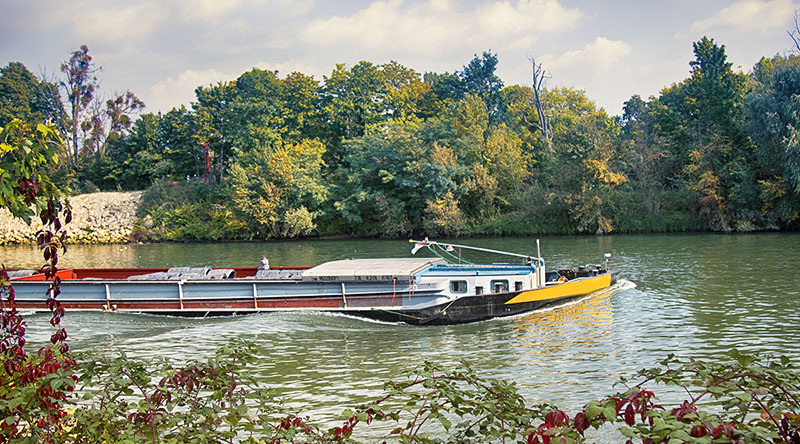As an inland shipping operator navigating French waterways, you must comply with a combination of French national laws, EU regulations, and international conventions concerning crew welfare and liability in case of injury. Below is an overview of the key legal instruments:
1. French National Law
a. Labour Law (Code du Travail) & Transport Code
Crew members on French-flagged vessels or working under French employment contracts are covered by French labor law. This includes provisions for:
- Workplace safety (obligations to prevent occupational risks)
- Medical examinations and occupational health services
- Compensation in case of work-related injury or illness
- Working hours, rest periods, and minimum wage
b. Social Security Code (Code de la Sécurité Sociale)
In case of injury, seafarers are entitled to benefits through the French social security system or specific maritime regimes such as ENIM (Établissement National des Invalides de la Marine), which provides health insurance, pensions, and disability benefits for seafarers.
2. EU Legislation
a. Directive 2009/13/EC & Directive (EU) 2017/159
These implement the Maritime Labour Convention (MLC, 2006) into EU law and apply to inland waterways when implemented by member states. Key points include:
- Minimum safety and health standards
- Obligation for medical care and repatriation
- Protection in the event of abandonment, injury, or illness
b. Regulation (EU) 2017/352 on Port Services
While more relevant to port operations, this regulation emphasizes safety, liability, and access to medical assistance within EU ports.
c. Regulation (EC) No 883/2004
This regulation coordinates social security systems across EU member states and ensures that crew members working across borders (e.g., on French rivers but employed elsewhere) retain access to social protections without gaps.
3. International Conventions
a. The Maritime Labour Convention (MLC, 2006)
Though primarily aimed at seagoing vessels, some provisions may influence inland shipping practices, especially for larger operators or those with international crews. It sets standards for:
- Medical care
- Compensation and liability in case of injury
- Seafarer employment contracts
b. The European Agreement concerning the Work of Crews of Vessels Engaged in Inland Navigation (CEVNI & ADN regulations)
These agreements harmonize rules on crew working conditions and safety, particularly relevant on the Rhine, Danube, and their tributaries. France is a signatory and applies these rules on designated waterways.
c. CLNI Convention (Convention on the Limitation of Liability in Inland Navigation)
This limits shipowner liability for personal injury or death caused during inland navigation. France is a party to CLNI 2012, which applies to accidents occurring on navigable inland waterways. It outlines liability limits unless gross negligence or willful misconduct is proven.
Best Practices for Compliance
Ensure crew employment contracts specify applicable law and jurisdiction, especially for multinational crews.
- Maintain insurance coverage (e.g., P&I insurance) tailored for inland shipping and crew risks.
- Implement regular risk assessments and safety protocols aboard your vessels.
- Be familiar with ENIM procedures and obligations if operating under French jurisdiction.
Conclusion
Operating on French rivers and canals exposes your business to both French and international regulations on crew safety and liability. Being proactive in compliance with labor, safety, and insurance requirements is essential to mitigate legal and financial risks following crew injuries.
Please do not hesitate to contact NNPC Correspondents, if you require any additional information or if you need assistance with a current issue.

